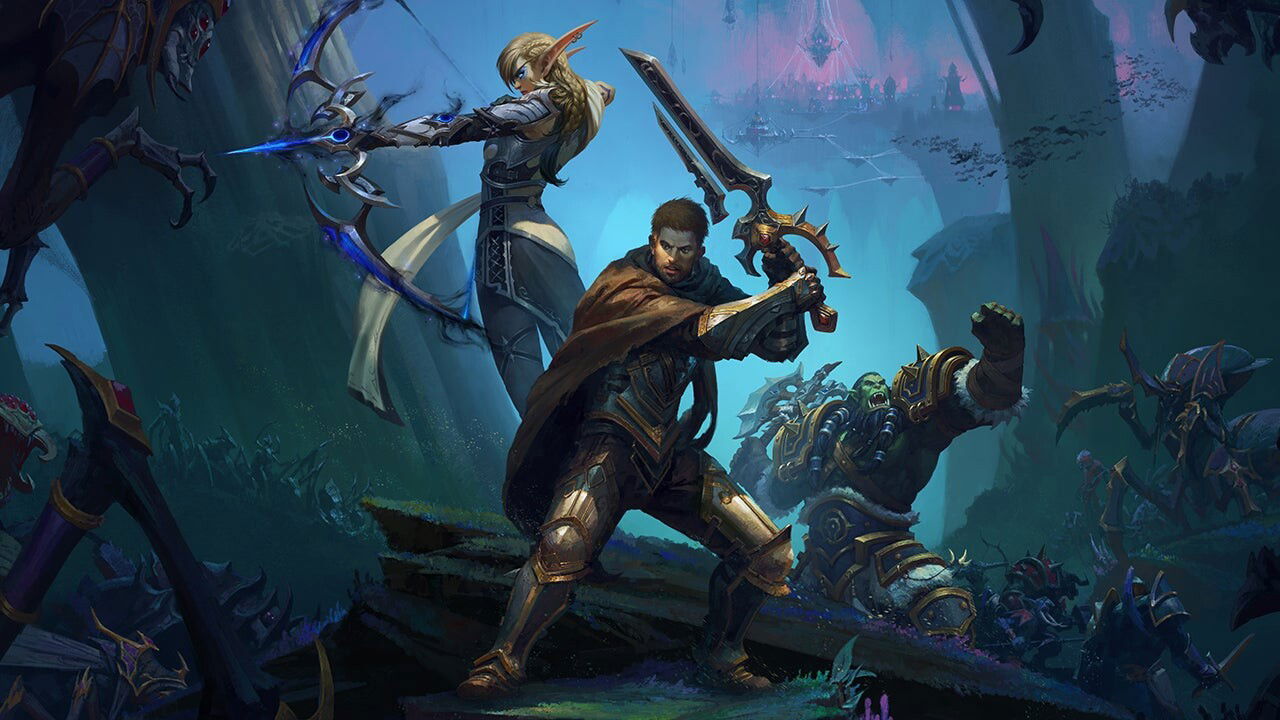Almost all generations can appreciate video games—from Baby Boomers who grew up playing Donkey Kong and Pac-Man in arcades to Gen Alpha, who was practically born with a controller in hand.
However, the two generations competing for the title of top gamers are Gen Z (born 1997–2012) and Millennials (born 1981–1996). Both grew up alongside game development, with many gamers today having played on Game Boys and early Nintendo consoles.
This has sparked a lively debate: which of these two generations are the best gamers?
About Gen Z Gamers
Gen Z grew up with smartphones and video games, and many don’t remember a time before the internet. As the “mobile-first” generation, they use their phones to socialize, shop, order food, game and invest.
This generation is technologically advanced, staying ahead of the curve. From investing in the latest cryptocurrencies and meme cryptos, like Wall Street Pepe ($SWEPE), to upgrading their gaming setups with VR gear, Gen Z does not joke around when it comes to tech.
In terms of game genres, Gen Z enjoys games with a social element. These games are typically packed full of action, fast-paced, and online. Studies have found that around 88% of Gen Z engages with some type of gaming, with a preference for mobile-friendly games. Statista reports that American Gen Z spend between 3 and 4 hours each week playing mobile games. They use these games to interact with other players and are often part of a gaming community.

Gen Z is also the generation that watches the most gaming streams. They enjoy watching others play their favourite games, interacting with streamers and viewers while picking up strategies to improve their own gameplay.
For this generation, gaming isn’t just about playing—it’s about engaging with the game and its community to create a richer experience.
Gen Z gamers also spend money differently than other generations. They tend to purchase playable characters, valuing the diversity and abilities of each one.
The most popular games played by Gen Z include:
- Fortnite
- Minecraft
- Call of Duty
- The Last of Us
- Baldur’s Gate 3
About Millennial Gamers
Surprisingly, Millennials make up the largest percentage of active gamers of all the generations. They’re also the biggest audience of mobile games.
The definition of the word “gamer” describes Millennials: “…the average gamer being 35 years old.” There is a big overlap between Gen Z and Millennial interests in terms of gaming genres, however, Millennials have really taken to online gaming and iGaming (i.e. online gambling). The older the Millennial age group gets, the more they seem interested in trying their luck on casino games.
A study by Fandom found that Millennials spend more time gaming on average than Gen Z and younger generations. While more time spent playing doesn’t necessarily make them better, the saying “practice makes perfect” still holds true.

When it comes to in-game spending, Millennials take a different approach. Instead of purchasing characters, they invest in expansion packs, gear and extra content to enhance gameplay.
Unlike Gen Z, Millennials are less drawn to social gaming. They are more likely to enjoy single-player games and avoid community discussions. Instead, they prefer games where they can immerse themselves in the experience.
Popular games for Millennials include:
- Skyrim
- GTA
- World of Warcraft
Which Generation Is More Involved In Gaming?
Based on the information above, it’s clear that neither generation is objectively “better” at gaming than the other. Both enjoy gaming as a pastime, but their approach and priorities differ, making “being better” entirely subjective.
While Millennials reportedly spend more time playing games, Gen Z takes a more social approach, favouring mobile-friendly alternatives and game streaming.
One could argue that Millennials are the better gamers due to the hours they invest in gaming each week. On the other hand, Gen Z watches streams, engages in gaming forums and learns from others to improve their skills.
Ultimately, everyone has their own reasons for gaming, their own skills and their own time to dedicate to the hobby. There is no definitive “best” gaming generation—and why should there be? What matters most is that every gamer has an enjoyable, inclusive and immersive experience.



